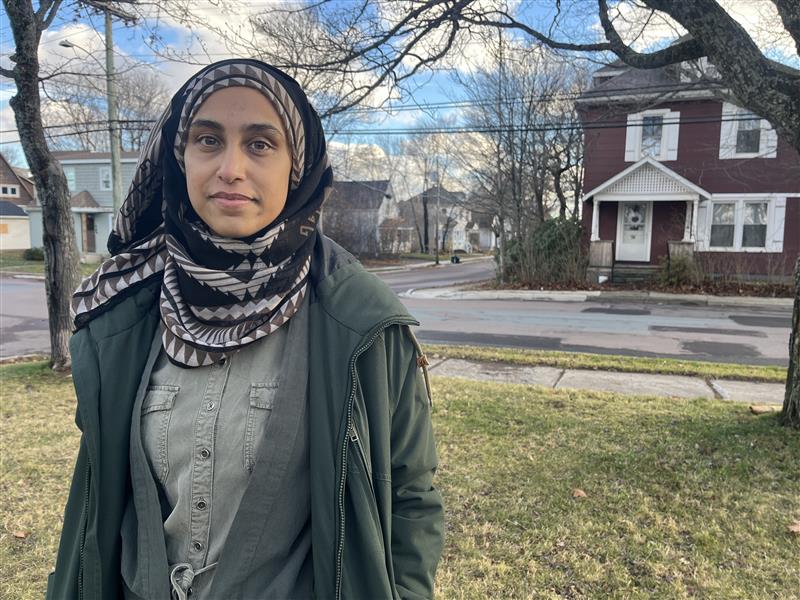- Home
Edition
Africa Australia Brasil Canada Canada (français) España Europe France Global Indonesia New Zealand United Kingdom United States Edition:
Global
Edition:
Global
- Africa
- Australia
- Brasil
- Canada
- Canada (français)
- España
- Europe
- France
- Indonesia
- New Zealand
- United Kingdom
- United States
 Academic rigour, journalistic flair
Academic rigour, journalistic flair
 The US government alleges that Venezuela’s leader, Nicolás Maduro, leads the Cartel de los Soles.
Ronald Pena R / EPA
Venezuela’s Cartel de los Soles: what are the implications of its US ‘terrorist’ designation?
Published: November 27, 2025 6.22pm GMT
Brian J. Phillips, University of Essex
The US government alleges that Venezuela’s leader, Nicolás Maduro, leads the Cartel de los Soles.
Ronald Pena R / EPA
Venezuela’s Cartel de los Soles: what are the implications of its US ‘terrorist’ designation?
Published: November 27, 2025 6.22pm GMT
Brian J. Phillips, University of Essex
Author
-
 Brian J. Phillips
Brian J. Phillips
Reader (Associate Professor) in International Relations, University of Essex
Disclosure statement
Brian J. Phillips does not work for, consult, own shares in or receive funding from any company or organisation that would benefit from this article, and has disclosed no relevant affiliations beyond their academic appointment.
Partners
University of Essex provides funding as a member of The Conversation UK.
View all partners
DOI
https://doi.org/10.64628/AB.ahaxstxv4
https://theconversation.com/venezuelas-cartel-de-los-soles-what-are-the-implications-of-its-us-terrorist-designation-270627 https://theconversation.com/venezuelas-cartel-de-los-soles-what-are-the-implications-of-its-us-terrorist-designation-270627 Link copied Share articleShare article
Copy link Email Bluesky Facebook WhatsApp Messenger LinkedIn X (Twitter)Print article
The US escalated its dispute with Venezuela on November 24 when the state department added the Cartel de los Soles to its list of foreign terrorist organisations. It claims the network is a drug trafficking organisation led by the Venezuelan president, Nicolás Maduro. The reality is more complicated, but either way, the designation has serious implications.
The Cartel de los Soles is an interesting choice for the foreign terrorist organisation list. While it is indeed foreign to the US, it is probably not a terrorist organisation as most people understand them. Whether it is even an organisation in a formal sense is also up for debate.
The term “terrorist organisation” has traditionally been used for groups with political motivations. This includes groups that want to impose their religion on a country, or groups that are fighting for the political rights of an ethnic minority. Criminal groups like drug trafficking organisations, on the other hand, are mostly devoted to making money illicitly.
This distinction is important because some research, including my own, shows that counterterrorism tactics can lead to adverse consequences when used against criminal groups. The targeting of cartel leadership in Mexico, for example, has often led to more bloodshed as newly fragmented groups fight viciously for control of drug markets.
Experts also do not consider the Cartel de los Soles a formal organisation, but rather an informal network of individuals involved in the drug trade. There does not seem to be one single leader or other indicators of an organisation such as a clearly defined membership or meetings. No “member” of the group seems to use the term Cartel de los Soles.
Journalists in Venezuela started using the term Cartel de los Soles in the 1990s as a figure of speech for corrupt military officials apparently involved in the drug trade. Soles means suns in Spanish, and high-level military officers in Venezuela wear sun-shaped badges on their uniforms.
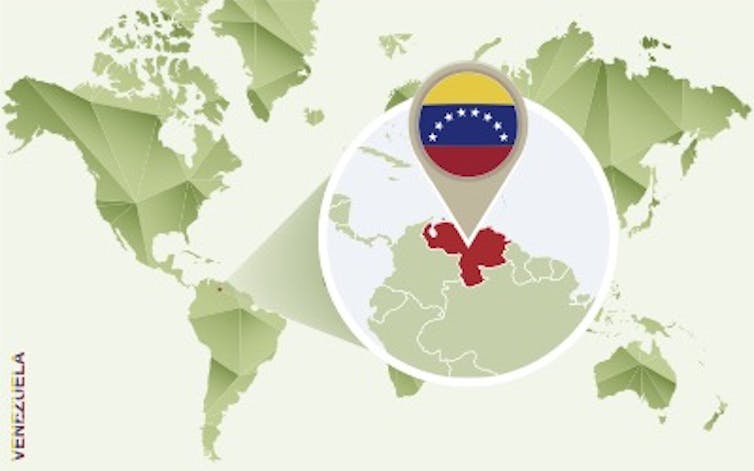 Venezuela’s geography helps it play a key role in the global drug trade.
BOLDG / Shutterstock
Venezuela’s geography helps it play a key role in the global drug trade.
BOLDG / Shutterstock
Venezuela’s geography helps it play a key role in the cocaine trade. While some cocaine is produced in Venezuela, even more passes through the country from neighbouring Colombia towards Europe and the US.
This creates an opportunity for corrupt officials – of which there are many in Venezuela – to profit substantially. Many sources say high-level Venezuelan generals are involved in the drug trade, but it is difficult to know exactly how widespread the problem is.
Implications of designation
A foreign terrorist organisation designation has several legal ramifications. First, “material support” for the group becomes a crime, so a person can be prosecuted for donating to or doing business with a designated organisation. Second, people deemed to be associates of the group could possibly be barred from entering the US. And third, US financial institutions with any funds connected to the group will need to report these to the US government.
It is unclear if the designation will actually affect the cartel’s supposed leaders given they have long been subject to US economic sanctions anyway. Venezuelan interior minister Diosdado Cabello, who is alleged to be a leader in the network, has been subject to sanctions since 2018. The US government already sanctions suspected drug traffickers through laws such as the Kingpin Act.
Venezuela’s government has denied the existence of the Cartel de los Soles, describing the new terrorist label as a “vile lie to justify an illegitimate and illegal intervention against Venezuela”. But it’s worth emphasising that a terrorist designation does not necessarily justify or authorise war, which Venezuelan officials seem to fear. The legislation behind terrorist listing does not mention military actions.
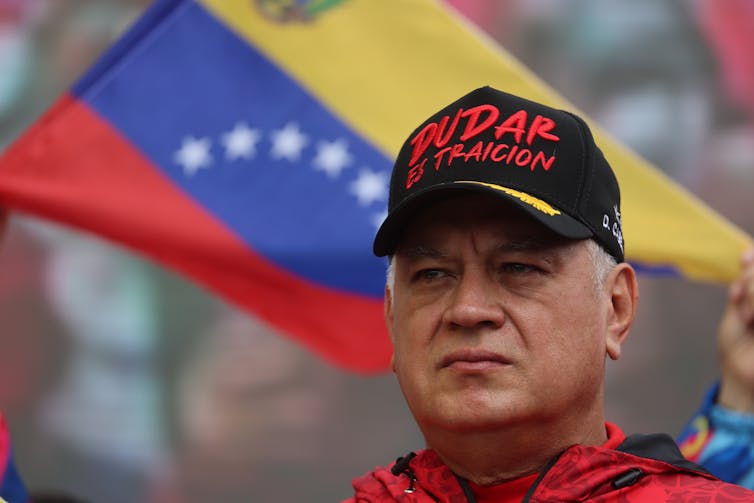 Diosdado Cabello, who is alleged to be one of the high-ranking members of the Cartel de los Soles, pictured in the Venezuelan capital of Caracas on November 25.
Miguel Gutierrez / EPA
Diosdado Cabello, who is alleged to be one of the high-ranking members of the Cartel de los Soles, pictured in the Venezuelan capital of Caracas on November 25.
Miguel Gutierrez / EPA
A terrorist designation is also meant to communicate US government priorities. It creates focal points for US agencies, while also signalling to other countries the threats they should join the fight against and the groups they should not support.
A US terrorist designation can be powerful. Other countries, especially US allies like the UK and Australia, have followed American terrorist designation patterns for decades. In 2008, the US designated the Somalia-based Islamist militant group al-Shabaab as a foreign terrorist organisation. Australia followed suit the following year, with Canada and the UK doing so soon after.
However, the pattern has not held so far in 2025 as the Trump administration has started to add criminal groups to its list of foreign terrorist organisations for the first time. This began in February, when the US government listed eight criminal groups, mostly Mexican drug cartels.
Few countries have joined the US in declaring these groups as terrorist organisations. European countries, for example, generally do not seem to see these groups as threats worthy of their terrorist lists.
As for the Cartel de los Soles, several countries have made pronouncements similar to the US terrorist designation. However, these are all Latin American countries like Argentina and Ecuador that currently have Trump-allied conservative governments. There has not been a wider international response, even from traditional US partners like Canada.
This is not ideal for the US government, as international cooperation is highly important for confronting transnational challenges like drug trafficking. The Trump administration’s approach of labelling criminal groups as terrorists does not look set to be adopted by most of its longtime allies.
- Venezuela
- Latin America
- Nicolás Maduro
- Drug trafficking
- Donald Trump
- Give me perspective
Events
Jobs
-
 Senior Lecturer, Human Computer Interaction
Senior Lecturer, Human Computer Interaction
-
University Lecturer in Early Childhood Education
-
 Case Specialist, Student Information and Regulatory Reporting
Case Specialist, Student Information and Regulatory Reporting
-
 Lecturer in Paramedicine
Lecturer in Paramedicine
-
 Associate Lecturer, Social Work
Associate Lecturer, Social Work
- Editorial Policies
- Community standards
- Republishing guidelines
- Analytics
- Our feeds
- Get newsletter
- Who we are
- Our charter
- Our team
- Partners and funders
- Resource for media
- Contact us
-
-
-
-
Copyright © 2010–2025, The Conversation
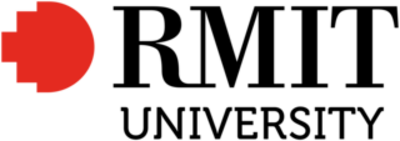 Senior Lecturer, Human Computer Interaction
Senior Lecturer, Human Computer Interaction
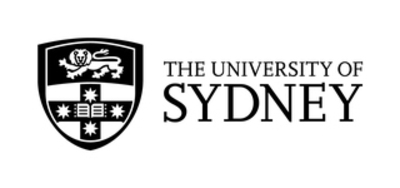 Case Specialist, Student Information and Regulatory Reporting
Case Specialist, Student Information and Regulatory Reporting
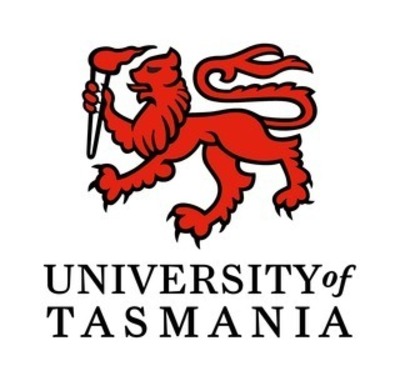 Lecturer in Paramedicine
Lecturer in Paramedicine
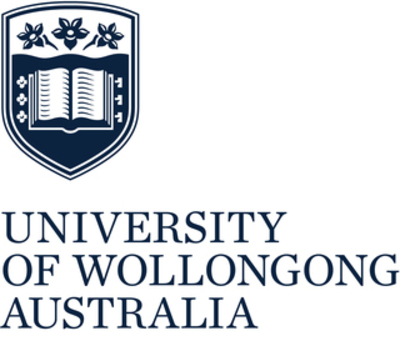 Associate Lecturer, Social Work
Associate Lecturer, Social Work
